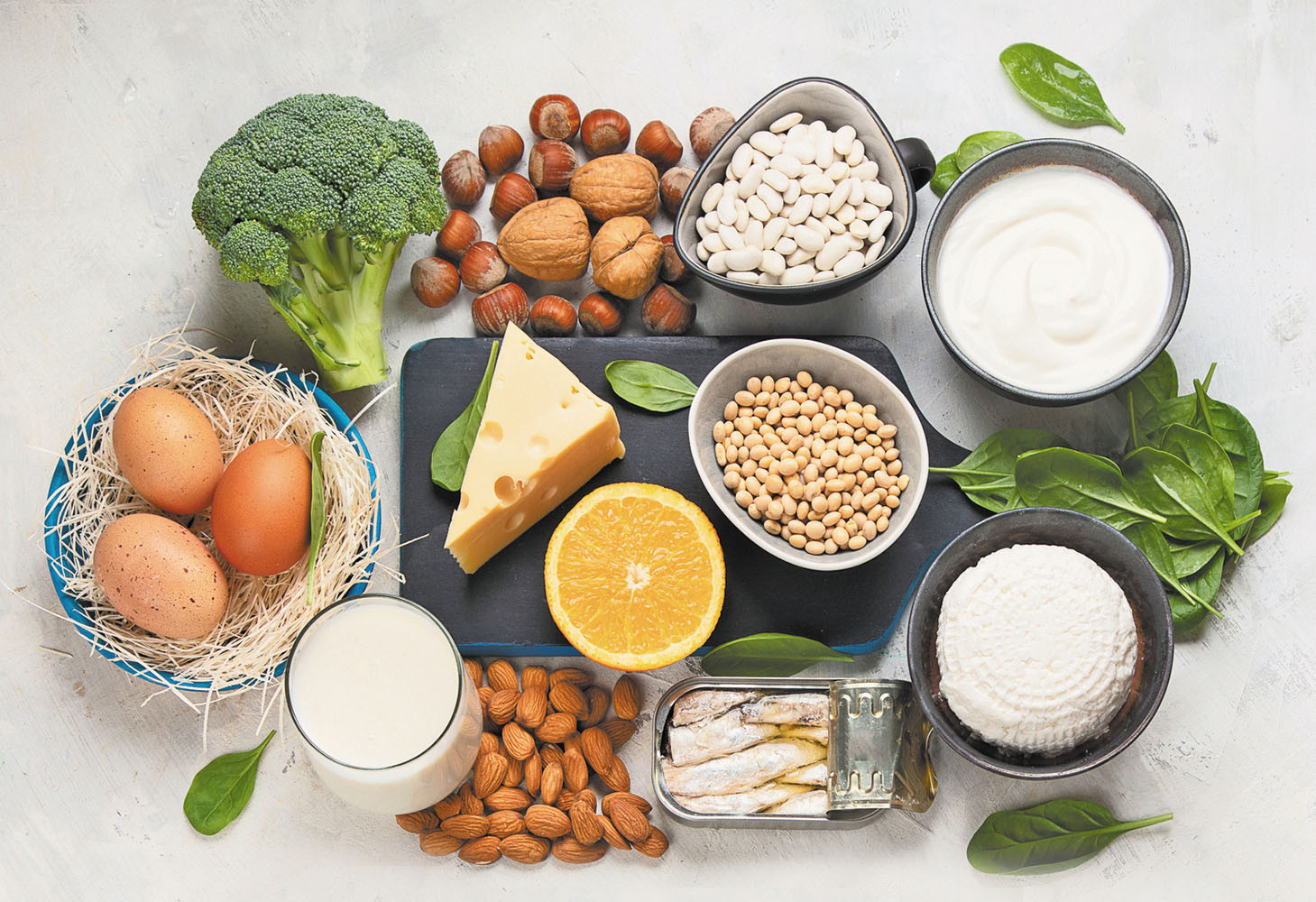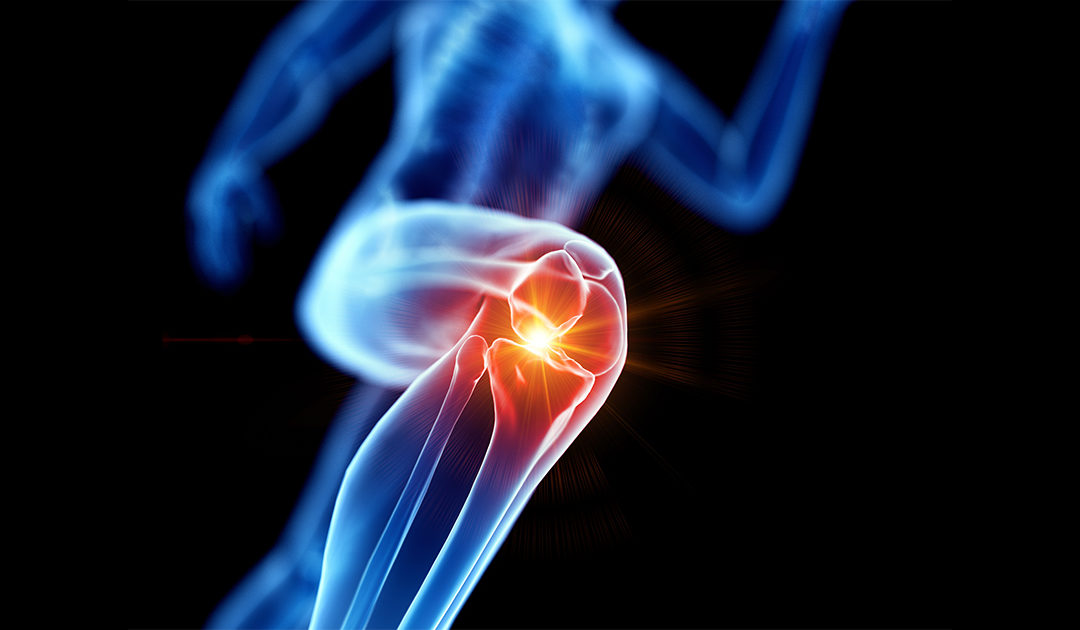Did you know that your bones and muscles undergo wear and tear daily? It happens more when you try a new sport or increase the intensity or duration of your workout! Overexercising causes micro damage to your muscle fibers and bone tissues, leading to inflammation, which explains the muscle soreness you experience after your intense workout sessions! Do not worry; the solution to this problem lies in your diet! Please read on to learn more!

Protein
Protein forms the structure of your muscles and other tissues. It is, therefore, essential to repair the micro-damage caused to your muscles when you work out! Also, a significant lay-off after a sports injury can lead to muscle atrophy or decrease. You need protein to prevent this! You will get a sufficient protein intake from foods such as meat, fish, poultry, eggs, tofu, beans, peas, nuts, or seeds! In addition, a protein-rich diet may help prevent increased inflammation that slows down your recovery.
Fiber
When you get a bone injury, you will automatically be more restricted in movement. You will therefore require lesser energy from your diet and should shift to a high-fiber diet that will allow you to feel full while eating less. This will also help you monitor your weight. Increase your diet’s portions of fruits, vegetables, and whole grains to get your desired results!

Vitamin C
Vitamin C helps your body produce collagen, which helps maintain the integrity of your bones, muscles, skin, and tendons. Vitamin C is also essential for your body to heal and rebuild wounded tissues. Furthermore, Vitamin C has antioxidant and anti-inflammatory properties that contribute to the recovery of your muscles and bones. To get a good boost of vitamin C, add citrus fruits, bell peppers, dark leafy greens, broccoli, berries, tomatoes, mango, papaya, and kiwi to your diet!
Omega-3 fatty acids
The first stage of wound healing is inflammation. However, when inflammation is too high, it hinders recovery. Omega-3 fatty acids help you prevent excess inflammation and accelerate healing. In addition, studies report that omega-3 supplements also increase muscle protein production and decrease the loss of muscle mass! Sources of omega-3 fatty acids are fish, algae, walnuts, flaxseed, and chia seeds.

Zinc
Zinc is a component of many enzymes and proteins needed for wound healing, tissue repair, and growth. Therefore, you should eat zinc-rich foods such as meat, fish, shellfish, pulses, seeds, nuts, and whole grains!
Vitamin D and calcium
Calcium is a significant bone component and is involved in synaptic movements that cause muscle contractions! Calcium-rich foods include dairy products, leafy greens, sardines, broccoli, okra, almonds, seaweed, calcium-fortified tofu, and milk. However, calcium from your food is absorbed in your blood and reaches your damaged tissues with the help of vitamin D. Vitamin D also plays a vital role in your recovery. You get vitamin D from exposure to the sun.

Creatine
Your body produces 1 gram of creatine daily. It helps your body to produce energy during heavy weight lifting or high-intensity exercises. One study proved that creatine supplements enhanced the gain of muscle mass and strength lost during a 2-week immobilization period. Creatine is found in meat, poultry, and fish.
Glucosamine
Glucosamine is a natural substance found in the synovial fluid that surrounds your joints. It is involved in creating your tendons, ligaments, and cartilage. Moreover, your body naturally produces glucosamine. However, you can also increase your glucosamine levels through your diet to achieve rapid healing! Studies report that it can also reduce joint pain. Sources of glucosamine are shellfish, shells, or fermented corn.

Magnesium.
This mineral promotes bone strength and firmness. A high magnesium intake will increase your bone density and lower the tendency of bone fracture! Magnesium is found in almonds, cashews, peanuts, potato skins, brown rice, kidney beans, black-eyed peas, lentils, and milk.
Silicon.
Silicon plays an essential role in the early stages of bone formation and may help to strengthen your bones. The best sources of silicon include whole grains and cereals, carrots, and green beans.
Vitamins K1 and K2.
These vitamins carry calcium toward bones to increase their density. Its deficiency makes your bones prone to fractures. Sources are leafy greens, Brussels sprouts, prunes, organ meats, egg yolks, and dairy products.

Boron.
Boron promotes bone health by increasing calcium and magnesium storage and amplifying vitamin D’s effect. Prunes are the best dietary source!
CoQ10.
This critical antioxidant has anti-inflammatory effects and can increase bone formation while decreasing bone resorption. CoQ10 is found in organ meats, pork, beef, chicken, fatty fish, soybeans, peanuts, and whole grains.
Arginine.
This amino acid is needed to produce nitric oxide required for fracture healing. The best sources are meat, dairy, poultry, seafood, nuts, and oatmeal.
All the above nutrients are essential for accelerating your bone and muscle recovery. I wish you happy healing! Please do not forget to share your experiences and comments below!



Pingback: Everything about Allergic Rhinitis – Hello sites